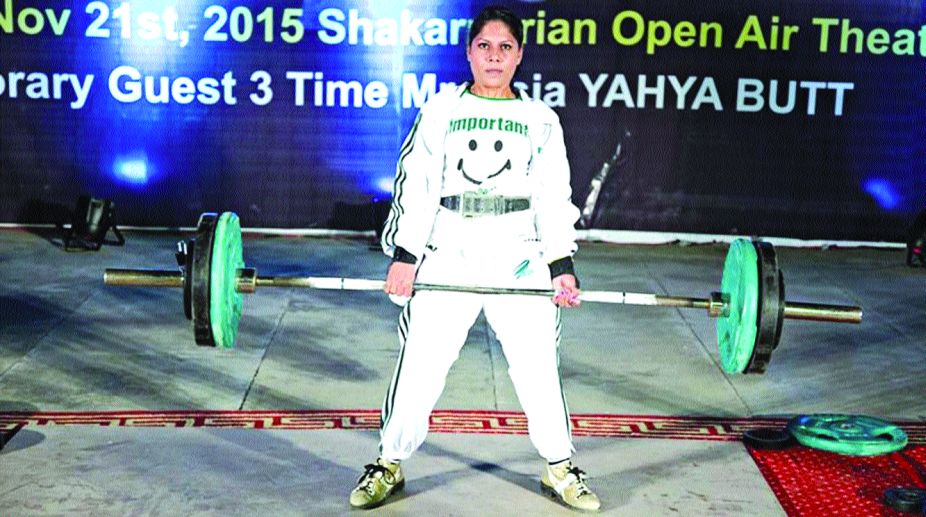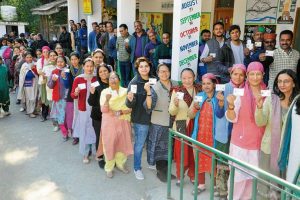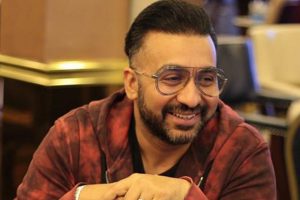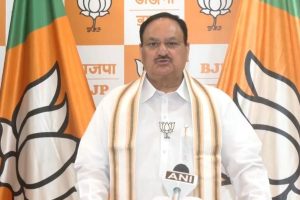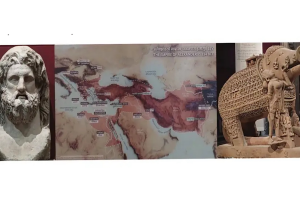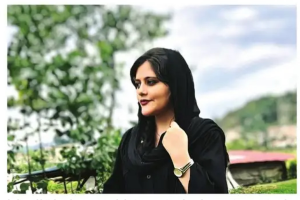‘The competition in Singapore was tough,” says Saniha Ghafoor, who secured four gold medals in the 57kg category for squats, bench press, dead lifts and aggregate weight at the Oceania Pacific Powerlifting Championships held there in early December 2017. “It was very, very tough. The other girls seemed to be so good. We tried not to keep our hopes up.
I was competing against a girl from Singapore. The first squat that I did and won, the Singaporean girl cried – I’d taken her gold medal from her!” Last year, Saniha also set nine national records (individual and aggregate) in the 57kg category at the third National Women’s Weightlifting Championship (in January 2017) held at the Railway Stadium in Lahore.
Saniha comes from a family of weightlifting champions. Her father, Abdul Ghafoor, won silver in the 1970 Commonwealth Games. Her brothers are weightlifters as well. They compete in international tournaments – Ishtiaq has a silver medal and Abdullah a bronze medal from the South Asian Games held recently. Her late uncle Mohammad Manzoor represented Pakistan in the 1976 Montreal Olympics.
“We have very few Olympian weightlifters,” said Rashid Malik, general secretary of the Pakistan Powerlifting Federation, and coach to some of Pakistan’s best women powerlifting athletes. “Saniha’s father was my ustad [coach],” he relates. Rashid himself is a weightlifting athlete who has represented Pakistan and won medals in numerous tournaments, and he continues to compete. “My brothers and I train differently,” says Saniha. “My brothers are coached by my father. I am trained by Sir Rashid.”
At the Oceania Pacific Powerlifting Championships last year, it was not just Saniha who did the country proud. Along with Saniha, were sisters Twinkle and Sybil Sohail, who also won four gold medals in the 47kg and 72kg categories for squat, bench press, deadlift and total weight. Twinkle and Sybil have another two sisters – 23-year-old Mariam (57kg) and 14-year-old Veronica (44kg) who are currently in training and would be future powerlifting champions of Pakistan, hopefully.
From across the Pacific Ocean, Maryam Naseem won a silver medal in an international powerlifting tournament held in Melbourne, Australia, last year. Although she was born and grew up in Peshawar, she is currently based in Australia and competes in local events regularly. On an official/governmental level, women weightlifting and powerlifting is still a very new sport in Pakistan. It was in 2013 when the government established a women weight and powerlifting division. Why did it take so long? “Because previously they weren’t allowed to compete in Islamic dress,” says Rashid.
It’s amazing that something as simple as a uniform would hold an entire gender away from a sport on any level. It’s certainly not something that has ever held the men back. In 2011 the International Weightlifting Federation changed the rules for women athletes allowing them to wear a ‘one piece full body tight-fitted ‘unitard’ under the compulsory weightlifting costume.’ This was after Kulsoom Abdullah, a Pakistani-American weightlifter from Atlanta, United States, was eliminated from qualifying for the American Open Tournament in 2010 for wearing her hijab. The judges felt that it would give her an unfair advantage – they wouldn’t be able to tell if her arms were locked or not. She later went on to represent Pakistan in the 2011 World Weightlifting Championships in Paris, France.
While Kulsoom’s dual nationality allowed her to represent Pakistan in an international tournament without actually being based or trained here, it wasn’t until October 2015 when an all-women’s powerlifting team travelled from Pakistan to participate in an international tournament for the first time at the Asian Powerlifting Bench Press Championships held in Muscat, Oman. Then 19-year-old Twinkle Sohail became the first Pakistani woman to win an international gold medal followed by Sonia Azmat and Shazia Butt, who won gold in the 63kg and 84kg categories, respectively. “Everyone was surprised,” relates Rashid. “That Pakistani women can be powerlifters, and also be good at it.”
“It felt great!” says Twinkle about winning. “Being a Pakistani and a Christian, this was a very high-level achievement in our community. No one had ever done anything like this before. Everyone was very happy and proud – especially my parents.”
The following year, the first women weightlifting team from Pakistan participated in the 12th South Asian Games in February 2016 held at Guwahati, India. That same year, a young powerlifter from Karachi, Rabia Shahzad, won a gold medal in junior and open 44kg category in a tournament in Singapore. Rabia also comes from a family of athletes. Her father helped build the gym she trains in. Fiercely competitive, Rabia hopes to represent Pakistan in the Asian Games and later at the Olympics. Since then, Pakistani women weight and powerlifting athletes have been setting records while competing in national and international tournaments. Quite a few of them now teach and train other young women at local colleges and universities, because of which their daily training session is now held between 2pm to 6pm.
A lack of a proper gym for women weightlifters in Karachi prompted Rabia Shahzad to build her own, but in Lahore, the Pakistan Weightlifting Federation has their own centre exclusively for women located in the Punjab University. According to Rashid, except for Eid and Christmas, the athletes do not get a day off. They train throughout the year.
About the four Sohail sisters, Rashid reveals the youngest Veronica Sohail was so little when Twinkle started training “that she would sit on my shoulders. Now, she can lift me on her’s,” he laughs. Veronica is eligible to compete in the 44-45kg category. “She’s very skinny and she lifts 45kg clean and jerk! In lifting, she’s number three in Pakistan overall.” All of the sisters compete in different categories. “Everyone in our family is into sports,” says Twinkle. “One of my brothers is a national cycling champion. Our parents really encourage us. My father is responsible for this. He got a lot of support from his family when he got into sports. Now he does the same for us. Not just in sport, in education as well.
“It wasn’t so easy,” she adds. “When we first got into powerlifting, our grandfather used to wonder aloud why girls are lifting weights. But my father stood his ground and didn’t listen to anything that people were saying. That all changed when we came home with our medals. Now they’re proud of us.” It sounds like the plot of the movie Dangal. “Mein to logon ko yeh kehti hoon Dangal bani hi hum pe hai!” laughs Twinkle.
Dawn/ ANN

